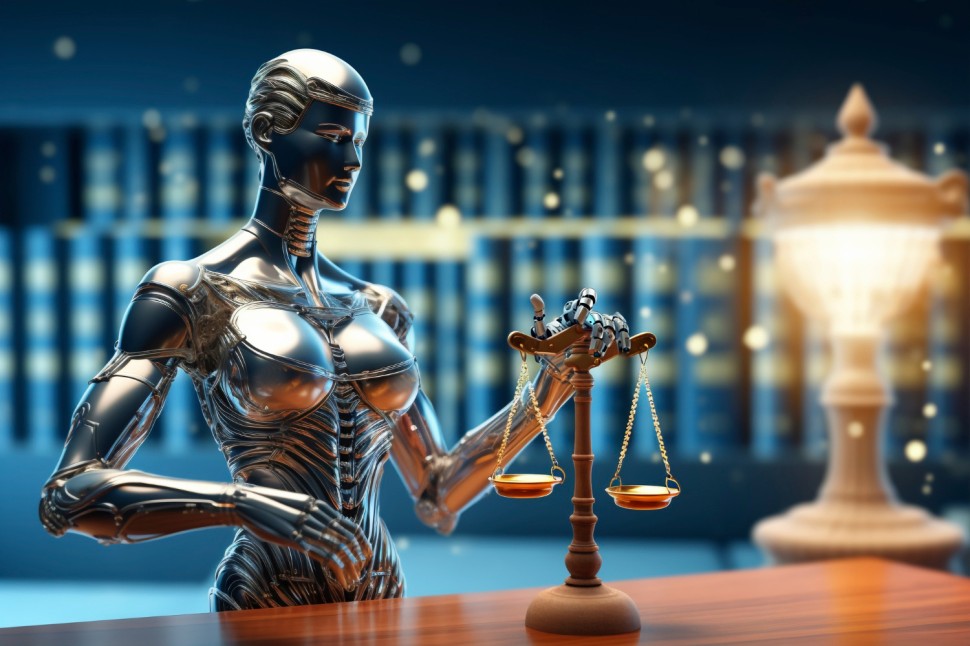According to Supreme Court Chief Justice John Roberts, artificial intelligence (AI) 's profound impact on various industries does not spare the legal field. In a recent year-end report, Roberts expressed mixed feelings toward the role of AI in reshaping the legal landscape, insisting on the necessity of "caution and humility."

The Potential Upsides, Revolutionizing Law
Besides conveying reservations, Roberts acknowledged the positive transformations AI could bring about in the legal world. Digital technologies like AI have already started democratizing legal services, potentially enhancing access to justice for indigent litigants. Additionally, AI could boost the efficiency of the legal research process and aid courts in resolving litigations faster and cost-effectively.
The Chief Justice stated, "I predict human judges will be around for a while. But with equal confidence, I predict that judicial work - particularly at the trial level - will be significantly affected by AI."
Pitfalls and Challenges Where AI Stumbles
Nevertheless, Roberts was cautious when highlighting the risks of relying on AI in legal practice. He pinpointed several grave concerns, including privacy infringements and technology's inability to emulate human discretion.
How Far Can We Trust AI in Law?
Among the most compelling issues the Chief Justice raised is the propensity of AI to generate incorrect or even fabricated details - a phenomenon dubbed as "hallucinations." In his commentary, he mentioned an incident where attorneys unwittingly relied on non-existent case citations manufactured by an AI system. He says such a mishap is "always a bad idea."
The predicament underscores the dire consequences that could result from an overreliance on AI in legal processes. Just last week, for example, Michael Cohen, Donald Trump's former lawyer, admitted to unintentionally providing his attorney and the court with counterfeit case citations produced by an AI application.
Moreover, courts at all levels are grappling with regulating the use of AI. A notable instance is the federal appeals court in New Orleans, which last month piloted a proposed rule-perhaps the first of its kind-restricting the use of generative AI tools such as OpenAI's ChatGPT by attorneys appearing before it.
Maintaining Balance in AI Use
Chief Justice Roberts advocated for the "humane" use of AI. His commentary is a timely reminder that while AI can yield beneficial changes in the legal world, it is not a substitute for human touch, discretion, and judgment.
The Place for an Experienced Lawyer
Legal processes are complex and multifaceted, with human intuition, experience, and critical thinking paramount. It is where the value of an experienced lawyer becomes evident. Even as we navigate the evolving technological landscape, the innate ability of lawyers to interpret, advocate, and advise can never be understated. Thus, as AI tools become an integral part of the legal industry, the efficacy of human lawyers continues to flourish undeterred.
An expert lawyer ensures you navigate the legal terrain confidently, guaranteeing justice and peace of mind. Trust them to master the delicate balance between leveraging advanced AI tools to improve processes and preserving human inputs that AI cannot replicate. Let us help you find one today.
RELATED TOPIC: Robot Judges: Can AI Really Help in Courtrooms?




